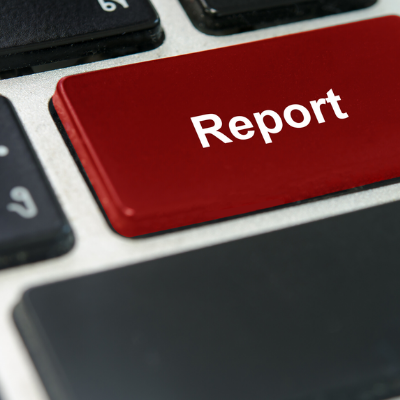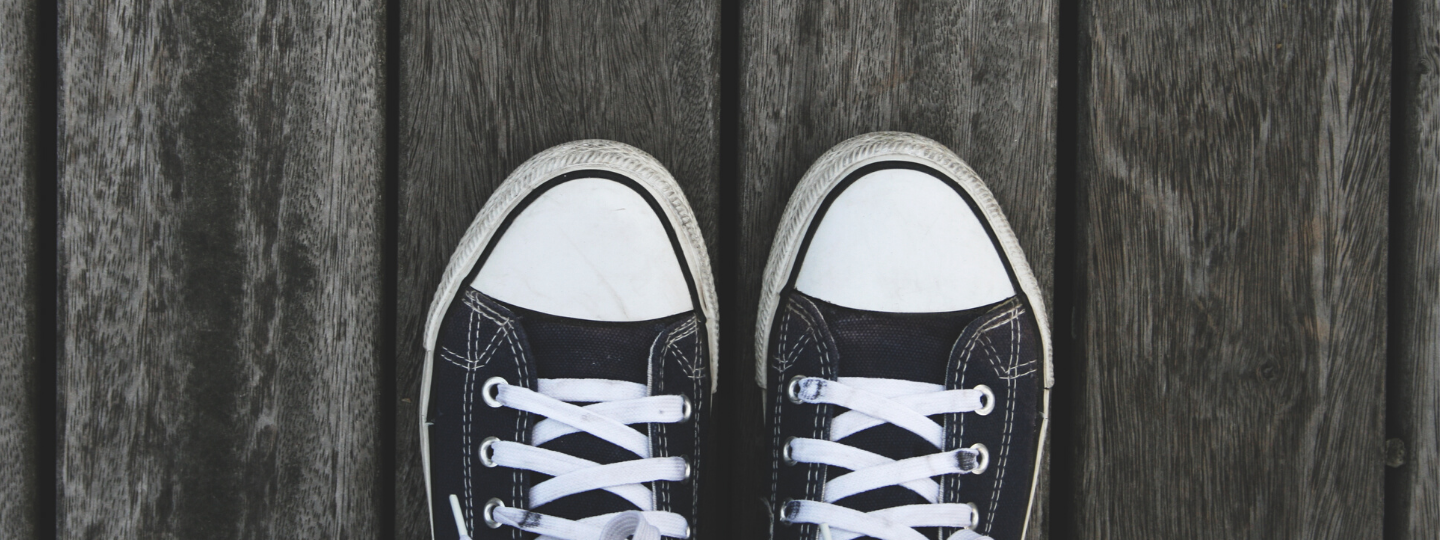Cyberbullying
Cyberbullying
Wednesday, 30 June 2021
In the last few years, cyberbullying has become an umbrella term for lots of negative behaviour online.
What is cyberbullying?
Essentially cyberbullying is bullying online, and it can take many different forms. Sometimes it is easily recognisable and others not so much.
It can be 24/7 with seemingly nowhere to get away from it. One of the drawbacks of the connectivity in our pockets is we’re always accessible.
Generally, cyberbullying doesn’t happen in isolation. It tends to be a part of traditional bullying. The bully is often someone known to the person on the receiving end of it. This is even if the activity seems to be done anonymously.
Cyberbullying can take obvious forms such as name calling, putting someone down or abusive comments on posts, images or videos. Then there are less obvious forms, only really felt and understood by the person on the receiving end of it.
Online harassment and trolls
Internet trolls deliberately start arguments and fights online. The anonymity of being online can be great. But it allows people to hide and say things they never would in person.
Unfortunately there are particular areas online where this type of activity thrives.
It may look like trolling but may not have the same objective. It seems everyone’s a critic these days and anyone can be online.
Those playing sports at any kind of level that attracts public attention, seem to be open to online harassment. We might have very strong opinions about how someone played or what a referee did at the weekend. Yet, it’s important to remember they are real people before we take to social media to vent how we feel.

Don’t be a bystander online
A bystander is someone who witnesses or is aware of bullying. The bystander effect is when someone witnesses something and does nothing to intervene.
Online it can be easy to fall into this role. We can see an image or a video that makes us laugh, and share it. But we don’t always think about the person in it and how they feel.
When we see a cringe-worthy video we need to stop and think. How would we feel if it was shared, before we go about sharing it ourselves.
If an intimate image is shared
Once you share an intimate image of yourself you can no longer control who sees it. But you still have rights. If an intimate image of you or someone you know is shared without consent, notify the website hosting the material immediately.
Check for a complaint button or facility to notify them if it’s a social network. If it’s a website contact the publisher/management of the site. Be very clear this content is a breach of privacy.
If you or your friend is under 18 years-old, the law is clear that these are images of minors. The law is a bit behind in Ireland if you are over 18. But there have been prosecutions in the UK in recent years. So the law will catch up here too.
If you know who shared it in the first place, contact them directly. Demand a list of everyone/or site they have shared or sent these to.
Take screenshots of what’s online without your consent. Do the same with your complaints and requests of sites and individuals for a record. This is in case you need to bring it to the guards.
What can I do if I am being cyberbullied?
If you’re experiencing any kind of online harassment or cyberbullying there are things you can do. You may have heard of ‘don’t feed the trolls’. It’s good advice.
Those who target people online are looking for a reaction. So giving them one just spurs them on.
Block the sender. You can do this on some networks or apps where the user doesn’t know they’re blocked. But on things like Instagram and Whatsapp they can tell. Though no harm, if so.
Report the abuser. Social networks are getting better at reacting to these reports as they were losing users. Unfortunately online harassment is a thing.
Take a break from the site that you’re experiencing the abuse on. Delete the icon from your phone. Make it harder to access.
This doesn’t mean the bullies win. You can get on with your life and take breaks from the things that make you feel bad. So actually it makes perfect sense.
Don’t wait until you have had enough. Give yourself a break before it’s too much.






